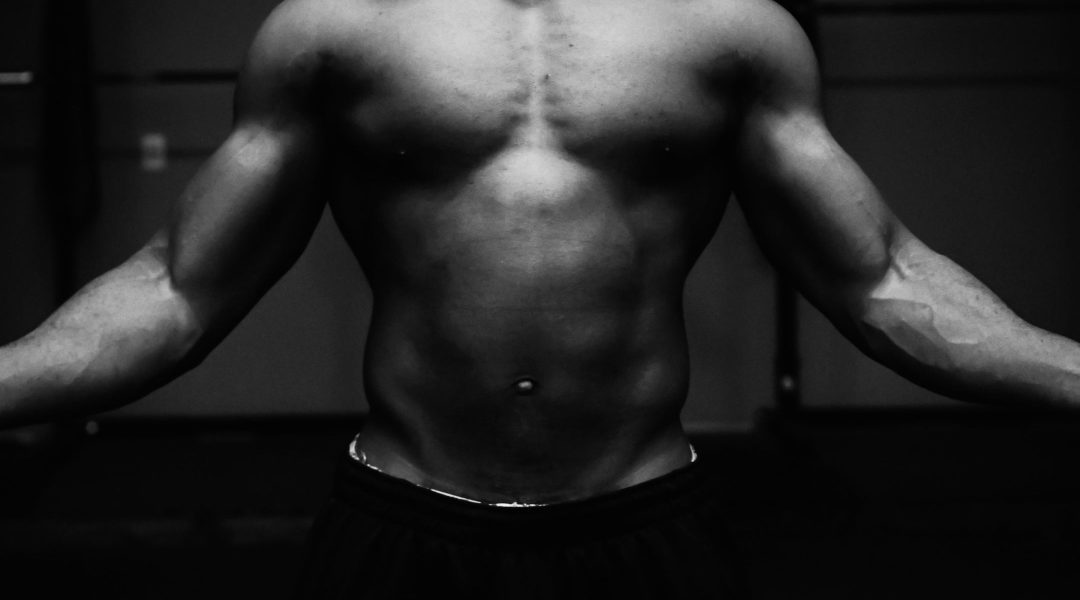Working out on a regular basis is an effective way to increase muscle strength and get in shape. However, muscle soreness after exercising can make it hard to keep up with these workouts. This soreness, known as delayed onset muscle soreness (DOMS), often flares up hours after exercising and can last for a few days. You’re more likely to experience this soreness when you do a vigorous workout or try new exercises that your body isn’t used to doing.
Helping your muscles recover after workouts is an important part of lowering your risk of injuries. Muscle recovery can also improve the effectiveness of your workouts overall, helping you achieve the results you want. The following muscle recovery tips can help ease soreness after exercising.
Warm Up Before Exercising and Cool Down Afterwards
Taking time to warm up your muscles before workouts can help reduce DOMS and protect you from muscle tears and other injuries. Spend roughly 5 minutes doing stretches prior to working out, then spend another 5 minutes stretching after your workout.
Drink Plenty of Water
Stay hydrated during and after your workout, especially on hot, humid days. When you’re dehydrated, your muscles have a more difficult time repairing small tears and other damage that occur while exercising.
Fill Up on Carbs and Protein Post-Workout
Having a combination of carbs and protein after exercising can help promote muscle recovery. When you’re done working out, have a snack that contains carbs and protein, such as yogurt and fruit. Keep in mind that eating nutritious foods on a regular basis helps ensure that your muscles have the nutrients needed for recovery.
Wear Compression Clothes
Putting on compression clothes after you exercise might help your muscles recover faster. These clothes are designed to improve circulation, which helps ensure that muscle tissues get plenty of oxygen for repair and recovery.
Get a good night’s sleep
Your muscles need time to rest and repair themselves, especially after intense workouts. Make sure you get plenty of sleep in order to give your muscles time to recover. Avoid drinking caffeine or eating late in the day, and stop looking at screens a couple of hours before bedtime, so you can enjoy a good night’s rest.
Do Light Exercises on Rest Days
Giving your body a break from moderate or intense workouts is important for muscle recovery. However, spending rest days mostly sitting can make it harder for your muscles to recover. Plan on doing light or gentle exercises on rest days, such as going for a walk.

